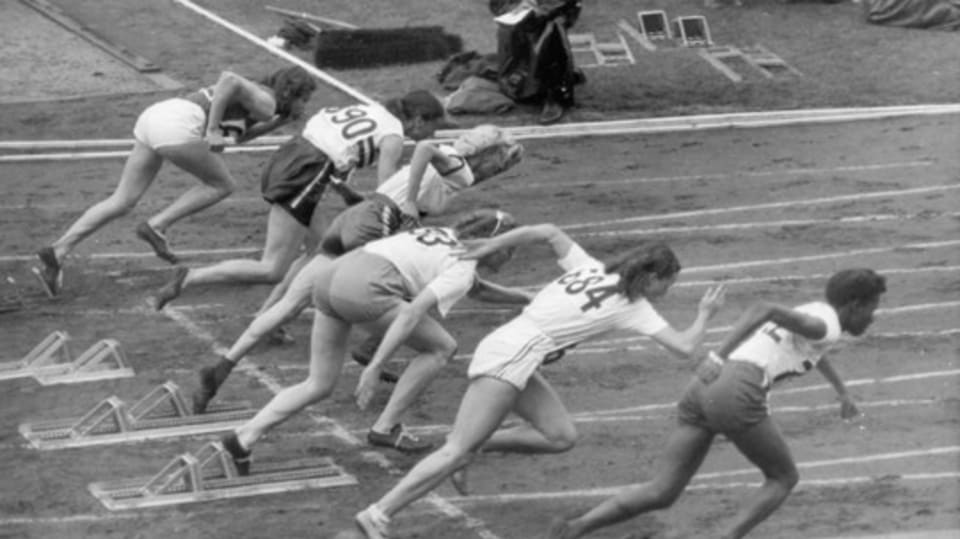London 1948: Only two years to prepare and huge challenges

London had originally been chosen to host the 1944 Games, which, like the 1940 edition, were cancelled due to the Second World War. With the conflict ending in 1945, plans were made to revive the Games in 1948 and, although the city – and Britain as a whole – was still recovering from the aftermath of the war, London was again put forward as a potential host. Baltimore, Lausanne, Los Angeles, Minneapolis and Philadelphia also submitted applications, but a postal vote saw London receive the overwhelming majority of the members’ votes, with the decision announced in 1946.
The city again found itself with only two years to prepare for the Games, and also had to face many other difficulties that had arisen due to the war, such as a shortage of housing, food and equipment. In order to overcome these challenges, a volunteer programme was implemented to help stage the Games, while existing sporting facilities were adapted to host multiple events. The Empire Pool – the first covered pool in Olympic history – was converted to also stage the majority of the boxing events. In addition, military camps, schools, colleges and hotels were used to house the athletes and officials.
With rationing still in place across Britain, many NOCs chose to bring their own food, while gifts were gratefully received from other countries, with Denmark donating 160,000 eggs and the Netherlands sending 100 tons of fresh fruit.
Due to these measures, London 1948 would become known as the “Austerity Games”, but there was also a huge amount of progress witnessed during the Games, with new events introduced, a greater number of female competitors, more countries than ever before taking part and a number of technological advancements. Starting blocks and photo finishes were introduced in athletics, while the starter’s pistol was linked to an electronic timer for the first time.
With superb organisation and many sporting highlights, the London 1948 Olympic Games were heralded as a huge success, especially as they helped bring the world back together after the war. Czech distance runner Emil Zátopek, who won gold in the 10,000m and was second in the 5,000m, said: “After all those dark days – the bombing, the killing, the starvation – the revival of the Olympic Games was as if the sun had come out... Suddenly there were no frontiers, no more barriers, just the people meeting together.”
